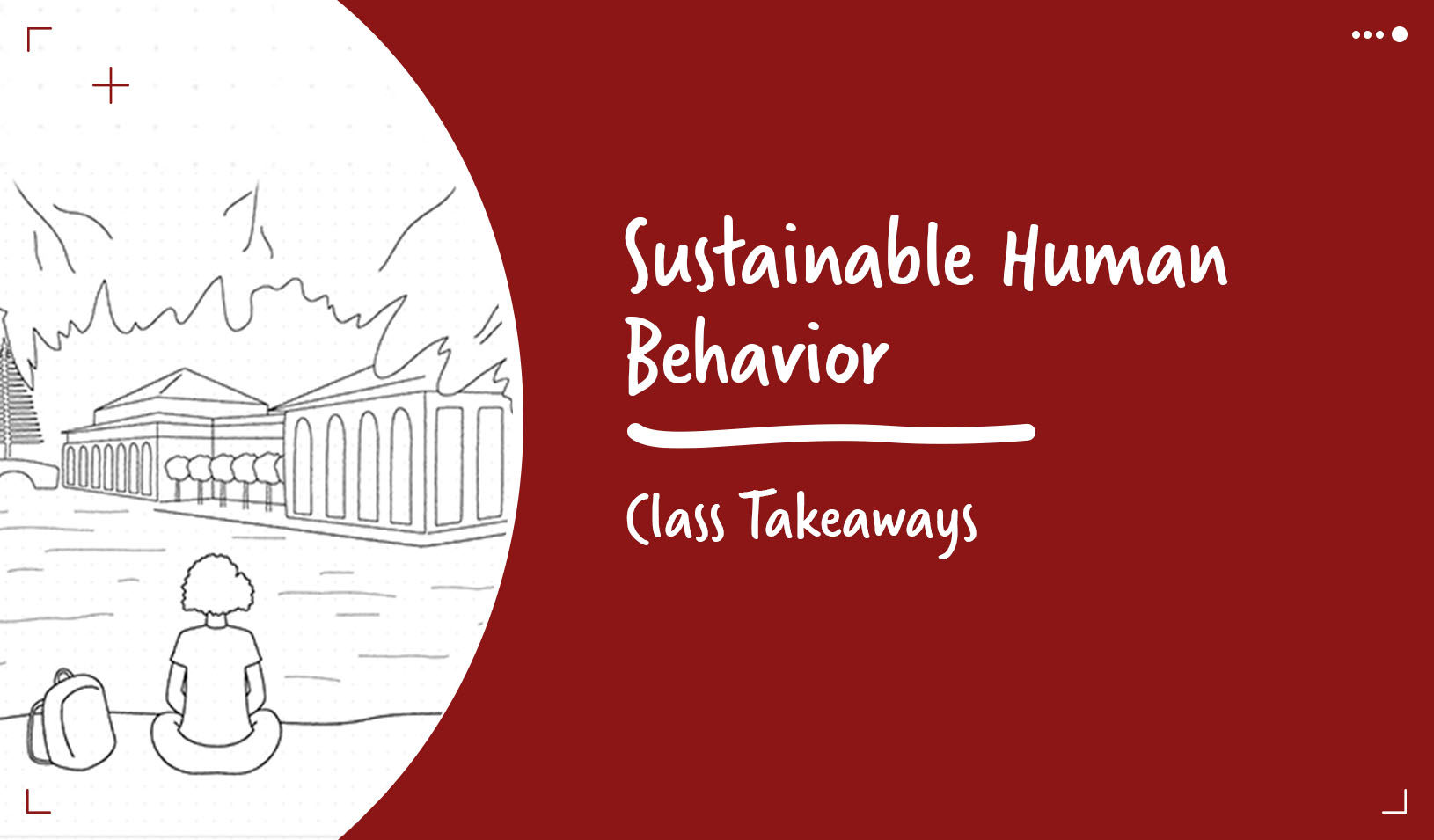To change organizations, you need structural power as well as personal power. Stanford Graduate School of Business professor Jeffrey Pfeffer explains why you should cultivate your network, differentiate yourself, and think strategically to advance your career.
Full Transcript
Structural Power
If you want to change lives, and particularly if you want to change organizations and if you want to change the world, you need power. There are really a couple of major categories of sources of power. One is kind of personal qualities, which you can develop. And the second category, I would say, would be structural sources of power, like where your position is and the resources you’re able to acquire.
Cultivate Your Network
There are certainly things that you can do to create situations that will gain you power. So one source of power is your network of personal relationships and your position in that network. Many people spend too much time on the technical aspects of their job and not enough time managing their boss and managing the relationships that permit them to get things done. In order to get things done, you need the collaboration and cooperation of other people that requires oftentimes building relationships with those people.
So the first word of advice is to spend sufficient time. The second word of advice is become central in your network. So the information flows through YOU, which gives you control and influence. The third piece of networking advice is to understand that we tend to spend most of our time with our friends and close associates, but our friends and family and close associates tend to know the same things and the same people we do, which is why the most useful ties are weak ties, people who provide you non-redundant information and contact.
Maintain Relationships
People lose power because they become over-confident and because they essentially stop doing the things that got them into power in the first place. My colleague Deborah Gruenfeld and along with some coauthors have written the book about how power leads to disinhibition in behavior. It leads to people being not as polite to other people as they might be, to forgetting that they have a boss or bosses. You need to keep your boss happy and the quickest way to get in trouble with your boss is to disagree with them. Even if you’re the CEO, there’s a board of directors that you need to pay attention to and you need to continually flatter them and cultivate them. So people lose power for that reason. People lose power because maintaining power is exhausting.
Differentiate Yourself
If you do a good job and you don’t get on anybody’s radar, you may be fine, but you’re not going to become powerful. In order to hire you, in order to promote you, the first thing I need to do is I have to know about you. It’s just like business strategy. You have to differentiate yourself. I mean if you bring out now a laptop that looks like every other laptop, what is your competitive advantage? There is none. You have to be noticed. You need to be vivid. You need to be differentiated.
Become Less Judgmental
If you think about it, what makes people miserable in life? Judgment. Judgment is the source of all unhappiness.
So people should stop being so judgmental and be more curious. Why is it that airlines can succeed even though they provide for the most part, hideous customer service and don’t fly on time. And if you think about that, you’ll come up with the answer, which of course is that we have given up enforcing the antitrust laws. And so airlines don’t have to compete on service because there’s essentially no alternatives. And you can ask that question in general about many different situations. Why is it that this person who I think is completely incompetent is more succeeding in their career than I am? And instead of saying, oh, this is unfair, this is horrible, it’s awful. Learn from them, what are they doing that you’re not doing that will then make you more successful. So we need to become more clinical and less judgmental.
Think Strategically
I am asking people to be as businesses are, strategic. To be thoughtful about what are you trying to achieve and what are you going to need to do to achieve it? Who do you need on your side? How are you going to get them on your side? What resources do you need? What network position would be useful to you? So it’s neither being moral or being immoral. It is being thoughtful and strategic about influence and understanding the science of human behavior.
Seek Power and Live Longer
The world is hierarchical, the animal kingdom is hierarchical. Certainly, organizations are hierarchical. There’s only one Dean, there’s only one president. There’s only one CEO for the most part, and it’s better to be on the top than at the bottom. The higher you go, the narrower the hierarchy. And so there is inevitably and invariably competition for advancement and if there’s going to be competition for advancement, you would rather be a winner than a loser. And my job is to teach you how to win.
If you have technical skills without influence skills, you’re not going to go anywhere cause you can’t get anything done. If you have influence skills without technical skills, you may go places but you’ll get the wrong things done. So you really need both.
The power and influence can permit you to change lives, change organizations, change the world. According to the research by Sir Michael Marmot and others, famous British epidemiologist, power to the extent that it is translated into job control actually is associated with better health and longer life. Because most people experience the absence of control as stressful, and stress is bad for your health. So seek power as if your life depends upon it, because it does.
For media inquiries, visit the Newsroom.






